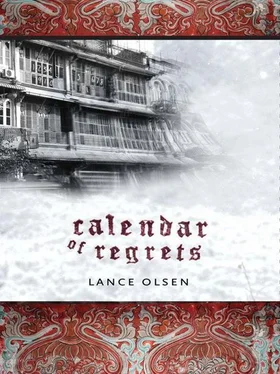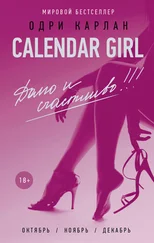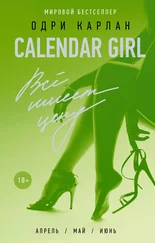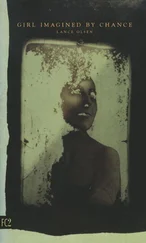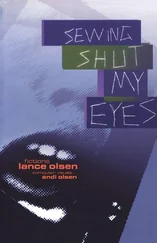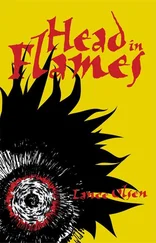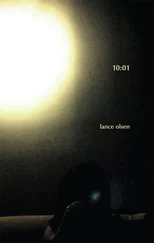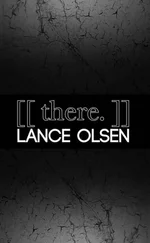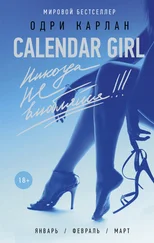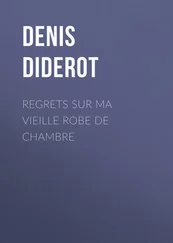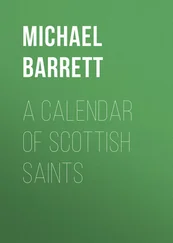It never crosses their minds to stop, however, backtrack, diverge from their current route. Such ideas do not exist in this world. There is a word their father taught them as soon as they could understand language: sisu , Finnish for what must be done will be done . The boys are convinced that if they just push on a little farther, work a little harder, they will reach the lake, the hills, locate themselves in the midst of a cool breeze as they overlook the valley through which they are now advancing. Now seeming to advance.
The angel remains perfectly still, head lowered.
Silent as polar night.
Which is where we must leave her. Which is where we must leave them all.
Because, regrettably, this is all you or I know of these things. Because we simply do not have access to any further information concerning these characters' fate.
I am sorry.
Except, perhaps, for a few final observations. The wounded angel is mute, for example, because she understands that she is on an almost infinite path that will culminate in her death. She wears the thick kerchief over her eyes because if the boys were to gaze directly into them they would catch a brief glimpse of heaven and this would annihilate them before their feet allowed them to take a single step more. The angel cannot let this happen. The boys must survive long enough to help bring about her dissolution. She has thus made certain they have misunderstood every word she has thought. The brothers must believe they are assisting her on her return to the ravishing universe of nouns, when in reality the only reason she has harmed herself is to gain entrance into the even more ravishing one of melting ice.
When they reach the crest of one of those almost immeasurably distant hills, the boys must believe the wounded angel will ascend into the absolutely blue sky on those gigantic feathery parentheses. They do.
But the angel will not ascend at all. She will plunge into the lake several hundred meters below, into an agitated drowning.
And so, finally, we fathom what that look on her countenance signifies — not angelic calm, nor despair, nor fatalism, nor nostalgia for what she has had to leave behind. That look signifies happiness.
Perhaps it is the same slightly out-of-focus afternoon. Perhaps it is a different one. A second, in any case, and it might be otherwise. A second, and it might not.
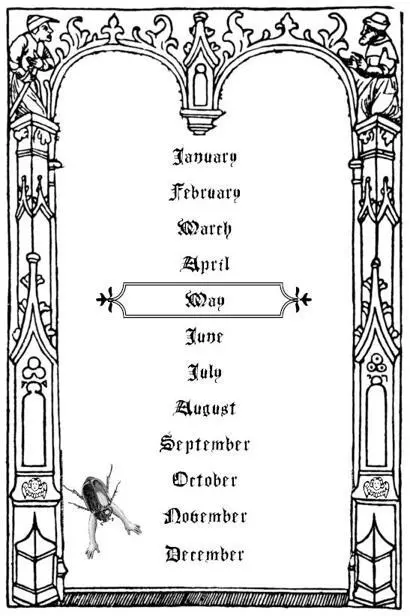
PD. That's a beautiful story, Bill. It must have been very special listening to your mother read it to you.
WT. I used to prop myself up against the pillows beside her in bed, drink my glass of milk, and stare straight ahead so I could see the worlds she was building. Her voice sounded like the color of irises.
PD. Your father was working at that point. Is that correct? He didn't get home until after you were asleep.
WT. In the meatpacking plant. He ran the air-powered rotary skinning knives that removed the hide from the bled carcasses.
PD. Did he ever take you to see what he did?
WT. He wore a light blue hardhat, blue rubber gloves, and blue rubber boots. The cattle didn't look like cattle anymore. Their hides looked like rugs piled up on the white floor.
PD. You and your mother were very close.
WT. We've already had this conversation.
PD. I wonder, Bill, would you tell me a little bit about what it means to you? The story? I'm having a difficult time putting it into words.
WT. It means pretty much what it says. PD. What does it say?
WT. It says two boys find a wounded angel in the countryside.
PD. But don't you feel there's maybe, uh, maybe more to it than that? You mentioned earlier that it teaches us worlds are whirls. Could you explain what you meant by that?
WT. It teaches us that in a sense every sentence has to be the whole story.
PD. I'm at a loss because, you know, I was never the brainiest kid in my English class. Reading always… I was more a math kind of guy. So maybe you can, you know, explain things so even a dumbbell like me can get it.
WT. Isn't it about time for lunch?
PD. Lunch?
WT. My stomach's starting to make noises.
PD. Let's see here. It… well, yes, it is. It's coming up on 1:15. Would you like me to get us a couple of sandwiches brought in?
WT. Peanut butter and jelly.
PD. On white bread, right?
WT. Cut diagonally. And ginger snaps. That is correct.
………
………
………
………
………
………
………
………
………
Let me just…
………
………
………
………
………
………
………
Okay.
………
………
………
Testing, testing. One…
………
………
………
Why don't we pick up with your, uh, with your account of your time in New York. You said you were arrested and put in jail for thirty days. The messages started arriving through the transmitter in your head. It must have been frustrating for you being on the inside. What happened next?
WT. My head listened. The thirty days passed.
PD. And then you were released?
WT. Yes.
PD. And just to be clear. No psychiatric evaluation was administered during that time. Is that right, Bill?
WT. That is correct.
PD. No one asked you the sorts of questions I'm asking you now? You didn't explain your situation to anyone?
WT. I like this sandwich.
PD. I'm glad.
WT. It's underrated as a food in its diagonality.
PD. What was the first thing you did when you were released?
WT. I had a few dollars left. I took the A train up to Columbus Circle and robbed an old lady.
PD. You say you still had some money left. Why did you feel the need to rob someone?
WT. It wasn't enough. I was hungry. I needed a place to stay. It was nighttime. I cut across Central Park and came out on Fifth Avenue. I almost ran into her. She was wearing a baby blue parka two sizes too big and a pink wool cap. I stopped in front of her. She just started giving me all her money. She didn't say anything. She even turned her pockets inside out at the end so I could see she didn't have anything left. Then I kept walking north and she kept walking south. It was like we'd simply had this sort of short polite conversation on the sidewalk, only without using words.
PD. What did you do next?
WT. I bought a gyro at a Greek restaurant. With extra sauce on it. I asked for extra sauce and they gave it to me. What do you call it?
PD. The sauce?
WT. Yes.
PD. Tzatziki?
WT. Tzatziki. Yes. I asked for extra tzatziki.
PD. And that was when you first saw the man you took to be Kenneth Burrows.
WT. When I stepped out of the restaurant. He walked right by me. It was like he didn't even see me.
PD. And you began following him.
WT. First I called out.
PD. What did you say?
WT. I called out his name. I told him to stop.
PD. But he didn't.
WT. He just kept walking.
PD. So you ran after him, and when you caught up you struck him in the jaw.
WT. When he wouldn't stop.
PD. And he dropped to the sidewalk.
PD. And then you struck him a second time.
WT. I don't remember how many times I struck him. I'm thinking probably it wasn't a small number. He had no idea my fists were coming at him. He curled into himself. When my feet joined in— that's when I realized it wasn't him.
PD. It wasn't him?
WT. That's when I realized it. That is correct.
PD. But I thought you've been telling me that you recognized the man, you know, the man we're talking about as Kenneth Burrows. The Vice President of the World Government on your earth.
Читать дальше
